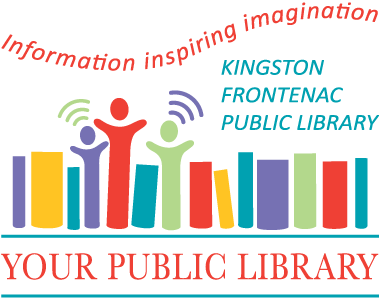Reviewed by Megan
Declan and Jake are best friends, brought together by their love of baseball. As they start high school, an accident threatens to end Declan’s promising baseball career, and in the wake of Jake and his friends drifting away from him, he turns to an online game, Imperialist Empires, where he feels that his fellow players support and understand him in a way that his family and baseball friends never could.
Eventually, he meets Finn, one of his classmates who plays Imperialist Empires, and Finn introduces him to the other players - people who believe that the world is denying the white race opportunities because “globalists” are manipulating the system. As Declan gets to know his fellow players better, he spirals deeper and deeper into their hateful views, and starts to turn against his best friend Jake. Jake and his family are Jewish, and Declan’s online friends see them as “globalists,” people who manipulate the system to deny them a better life.
As Jake grows closer to Declan’s crush, Declan grows increasingly resentful of Jake and his family, as well as others he considers to be “globalists.” Declan and his online friends start taking their hate crimes further and further, as the sense of confidence they get from perpetuating their beliefs grows and they begin to see anyone disagreeing with them as lesser beings.
But when their crimes turn deadly, and his former friend’s life is on the line, Declan has to come to terms with the dangers of the ideas he believes in.
The book is narrated from the alternating perspectives of Declan and Jake, two best friends who eventually begin to grow apart from each other after Declan spirals deeper into antisemitic ideology.
While Jake’s perspective was realistic and provided a good insight into the effects of hate crimes on those affected, Declan’s perspective felt riddled with toxic masculinity and hate; while it felt realistic and did a good job of explaining why Declan spiraled into antisemitism, his thoughts in the chapters made me feel increasingly uncomfortable as the book progressed (although the unsettling feelings from reading Declan’s chapters did help me understand what had led him down that path).
As stated in the introductory letter from the author, the feelings of unease invoked were by design, and despite what I felt when reading the book I feel that that was a good choice that can lead to discussions about antisemitism. I wish that there had been more elaboration into Jake and Declan’s friendship prior to Declan’s hateful actions, as even by the end of the book I wasn’t entirely sure why they had become friends in the first place.
I also wish that there had been more elaboration into the relationship between Declan, his parents and his twin sister Kayleigh, as I felt that there was potential for further discussion about how their relationships tie into the ending. In the introductory letter from the author, a trigger warning is included, which notes that the book contains themes including “white nationalist ideas based on antisemitic conspiracy theories, Islamophobia, racism, misogyny, and violence”. These themes are present throughout the book, and the ending is based around these themes.
I would recommend reading the book because it is a valuable starting point for discussions about discrimination in general, but please keep in mind that the contents of the book may be distressing to read about.
Overall, I would give Some Kind of Hate an 8.5/10 for a great premise, as it's a good starting point for discussions and giving the perspectives of both those affected by hate crimes and those perpetuating them.





